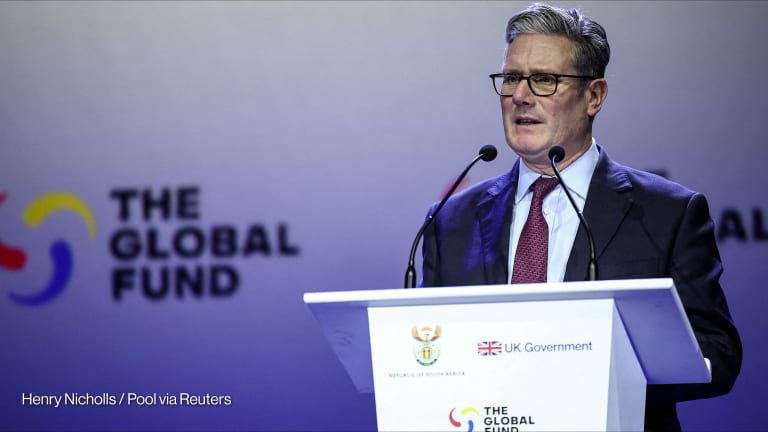In December, the Global Fund to Fight AIDS, Tuberculosis and Malaria will notify countries eligible for grant funding for 2017-2019.
The letters will contain information on each country’s allocation and how they can access new funding, which was made possible by the fund’s successful replenishment in September. Donors pledged $12.9 billion to the fund for the next three years — $1 billion more than the fund’s replenishment conference in 2013.
Countries are likely looking forward to receiving the notifications, as it signifies further funding for their HIV and AIDS, malaria and TB programs. Lucica Ditiu, executive director at the Stop TB Partnership, however, has some concerns.
Printing articles to share with others is a breach of our terms and conditions and copyright policy. Please use the sharing options on the left side of the article. Devex Pro members may share up to 10 articles per month using the Pro share tool ( ).








